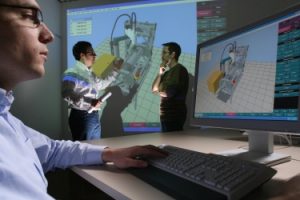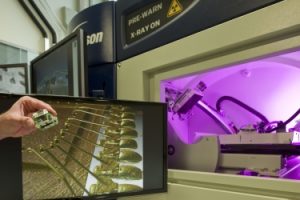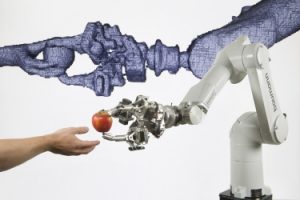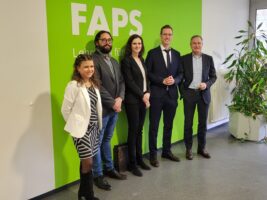Digital technologies from the Internet of Things, cyber-physical production systems, the cloud and artificial intelligence are opening up new potential for product and process optimisation in the manufacturing industry. In addition to improving the classic target parameters of time, quality and costs, companies are also striving to increase flexibility and responsiveness with regard to new business models and external influences through digitalisation. The complete digital transformation in the production environment, which is characterised by a heterogeneous plant and system landscape, requires not only technical but also cultural change. Due to rapidly developing technologies, companies and employees are required to have a strong willingness to change and a high level of adaptability and innovation in addition to maintaining core production processes. In view of this inherent social and technical complexity, the implementation of digital transformation poses challenges for manufacturing companies.
In this context, Andreas Selmaier has investigated whether the complex transformation process can be implemented in a comprehensive and application-agnostic manner using a method-based process model. The study examines practical problem characteristics of digitalisation in the production sector, the formulation of a consistent process model and its methodological design as well as the validation of the described solution approach in industrial application scenarios. The successful implementation of six digitalisation solutions from the technology areas of Internet of Things, data analytics and cloud computing demonstrate the correctness and applicability of the methodology, which contributes to systematic and sustainable digitalisation in manufacturing companies.
With the oral examination on 13.12.2023, Andreas Selmaier successfully completed his doctorate with the title “DMAICS cycle for digitalisation in manufacturing companies”.







